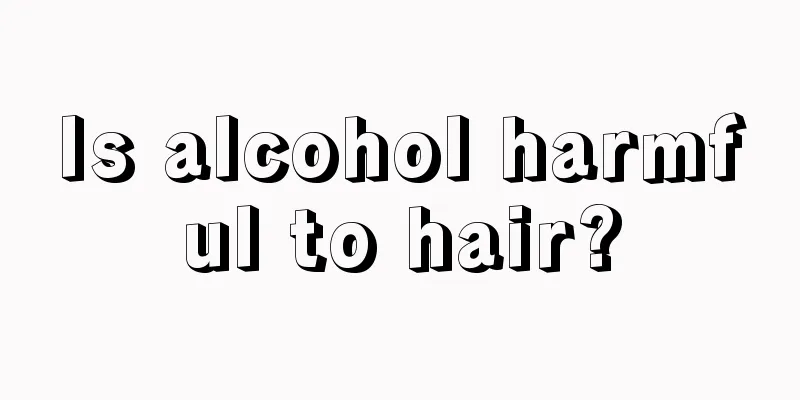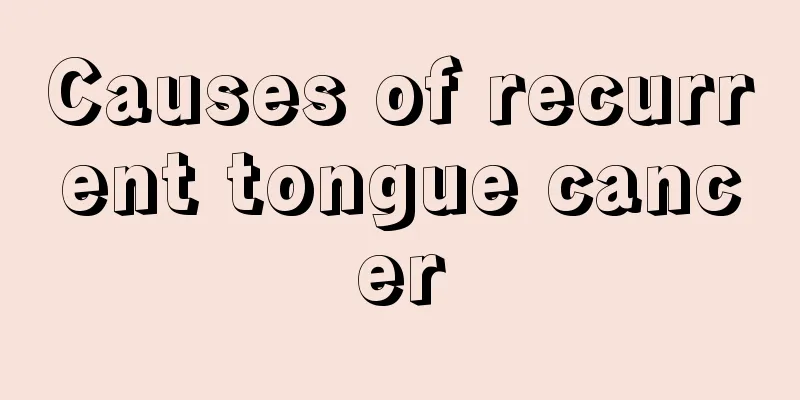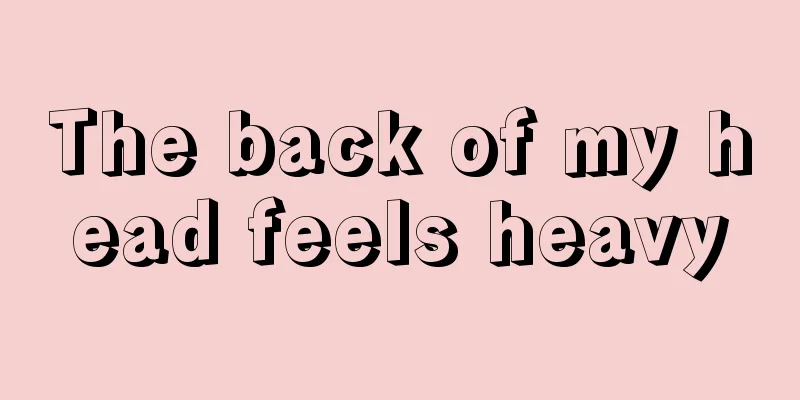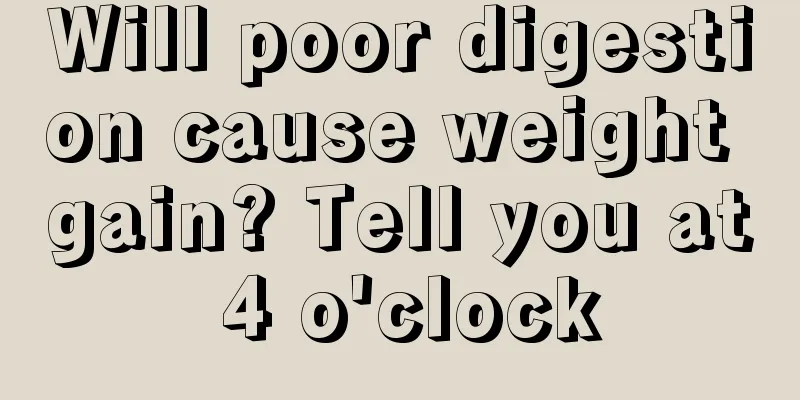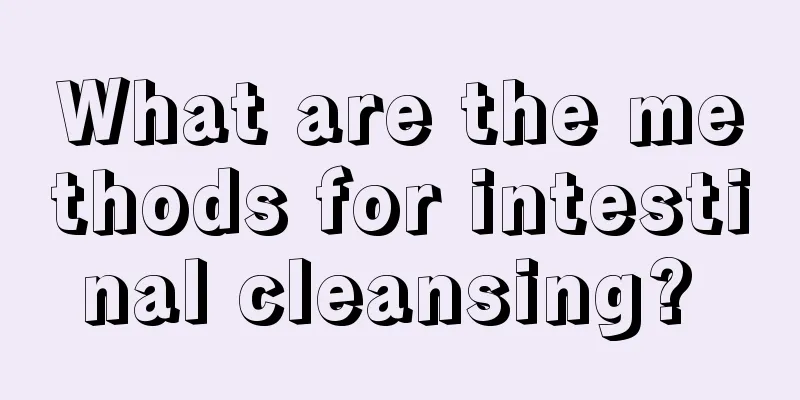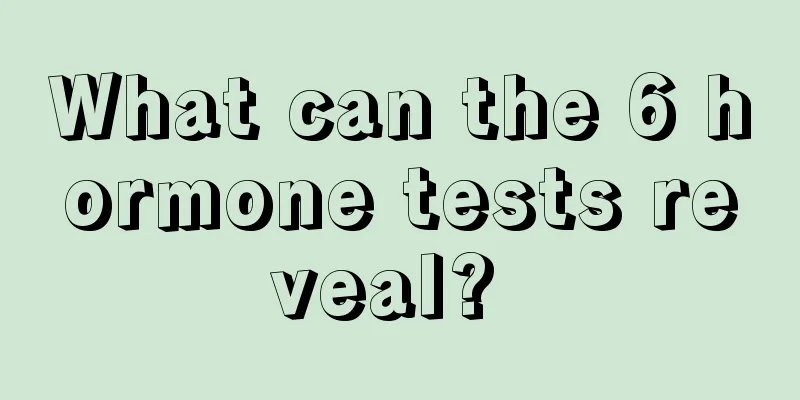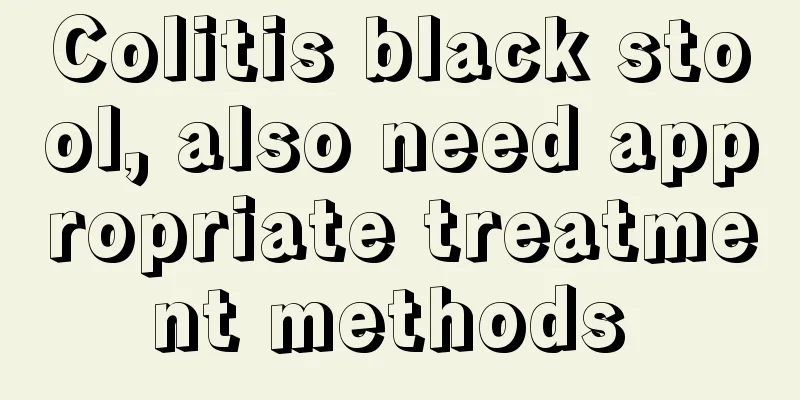What are the sequelae of high fever convulsions

|
If a child has a high fever and convulsions, parents need to pay attention to it, because if it is not dealt with promptly and effectively, it will pose a greater threat to the child. Therefore, you must pay attention to it and deal with your baby's high fever correctly and reduce the temperature scientifically. 1. Febrile convulsion is a common emergency in young children, with an incidence rate of 3% to 5%. It is often accompanied by a rise in body temperature, and the child suddenly begins to tremble, twitch, and clench his teeth. In pediatric emergencies, we often see parents who send their children to the hospital because of high fever and convulsions. They are panic-stricken and even incoherent. They are so sad that "all they can do is cry", but it is difficult for them to think of giving their children any first aid before sending them to the hospital. Parents, if you see your child having a febrile convulsion, you must stay calm as much as possible, take good care of your child while calling 120, and take the following measures before the ambulance arrives to relieve your child's discomfort as much as possible. 2. Lay the child flat on his back with his head tilted to one side. When a child has a convulsion, his or her teeth will be clenched, and some will have oral secretions and may even vomit. The child should tilt his or her head to one side to allow drainage and avoid suffocation by aspiration. Parents can loosen their children's collars slightly to allow them to breathe freely, while pressing the Hegu and Renzhong acupoints. 3. In addition, if the child does not have obvious chills when having a fever, there is no need to keep him overwarmed. Appropriate exposure can also increase heat dissipation. If the body temperature is rising and the child has chills, he or she can be kept warm appropriately. Parents can also give their children some physical cooling, such as sponge baths or head cooling. 4. In addition, children are prone to biting their tongues when their teeth are clenched. At this time, if you can insert the back of a spoon, tongue depressor, etc. into the child's mouth, it can play a protective role. However, if the child's teeth are closed very tightly, this measure should not be forced, otherwise it may cause damage. Director Qu Dong suggested that families with children with a history of convulsions could prepare some medical tongue depressors just in case. When a child has a convulsion, it is forbidden to give him medicine as it may cause accidental aspiration. |
<<: How to remove tongue coating and bad breath, one method can solve it
>>: What causes frequent blushing
Recommend
Can stretching make your legs straighter? What are the ways to stretch your legs?
Due to the growth of human bones and the inabilit...
11 things you should never do after getting up
Rubbing your eyes early in the morning can cause ...
What is the philosophy of osteopathy?
Osteopathy is a treatment method that uses hands ...
How to use air cushion BB cream?
Girls all like to put on makeup. Now there are ma...
The dangers of contact lenses
Contact lenses now have a large number of users, ...
What is the reason for pimples on the buttocks?
If you find lump-like things growing inside your ...
Suddenly I felt dizzy and the world was spinning
Dizziness is a symptom with great impact. It can ...
5 symptoms indicate that your kidneys are sick
If the human body is compared to a functioning co...
What are the benefits of bloodletting?
When different diseases appear in the human body,...
What are the effects of Chinese yam, ganoderma and pork bone soup
Using wild yam and ganoderma to cook pork bone so...
How to care for baby with eczema
Babies generally have relatively weak constitutio...
What does new metabolism mean
Metabolism is the conversion of a living organism...
How to check for ovarian cancer
The incidence of ovarian cancer ranks third in my...
Can purpura cause fever?
Purpura is a disease that many people suffer from...
What are the symptoms of prostate cancer
How can we know the early symptoms of prostate ca...

